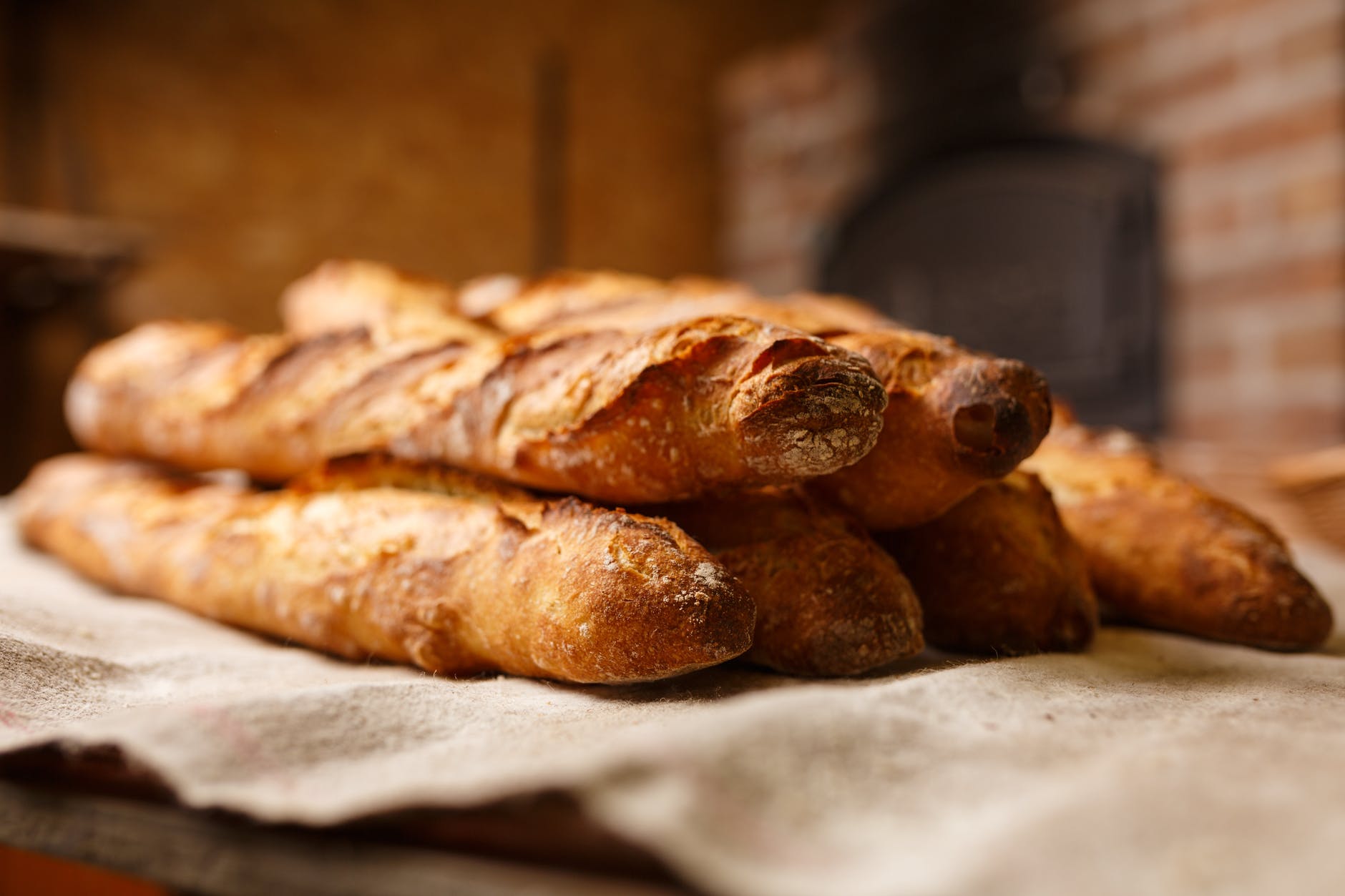Description
List of Bakeries in Spain. 6940 Stores. 5270 Telephones. 1050 Emails
DOWNLOAD FREE DEMO
Databases in Formato XLS.
- Name
- Phone
- Category (Sector)
- Assessment average (Rating) and number of reviews
- province
- City
- Address
- URL
- Latitude
- Length
- URL Google Maps
- Iframe
- Image (URL)
- Availability of Google Business to claim the business
- Opening Hours
A baker is the artisan whose trade is to make bread; also applies to the person who sells the bread and its derivatives
Bakers today can work in a variety of settings, either as employees or as owners of their own bakeries. Its activity and production is carried out in:
Bakeries, large factories specialized in making bread and related products, then transported to points of sale, be they bread offices or bakeries, or sections in supermarkets, department stores, etc.
Small independent bakeries, mostly family run businesses. Some of them specialize in particular types of products, such as sourdough.
Shop market line. Since the end of the 20th century, there has been a boom in bread store chains in the most developed countries, the so-called “bread boutiques” (controlled by franchises). The bakers in these establishments bake according to a preset recipe book and usually from pre-made frozen dough pieces.
The history of bread in food develops parallel to the history of the use of cereals by humans. Bread is a direct product of the manual processing of cereals (processing that later became mechanical) and it is very possible that it was the first food application of these. Bread, oil, and wine were perhaps the first processed foods in human history.
Cereals, by themselves, cannot be properly digested by the human digestive system. This is the reason why cereals are artificially processed (ground, soaked, etc.) and only from this moment on they began to become basic foods for man, providing carbohydrates, which would be complemented with proteins from meats. Thus, primordial bread (made with ancient species of barley) may have been one of the first processed foods in the history of food. Some research papers claim that humans began cooking cereals before to make the bread.
Throughout the history of cultures, bread has been made with the cereal available in the area or with the most resistant modified variant. Thus, for example, both wheat and other cereals have been used in Europe and part of Africa; corn is common in America; rice, in Asia. A social fact related to bread is that historically a social distinction has been established based on the color of the bread crumb that has been eaten. For example, rye breads (with a darker crumb) have corresponded to the less favored classes, while those made from wheat flour (with a white crumb) to more elite classes. Bread is understood by many cultures as a synonym of food and is an ingredient that is part of various religious and social rituals in much of the world, and is also currently an economic element that influences economic indices such as the consumer price index (CPI), used to determine the evolution of the cost of living in nations.




Reviews
There are no reviews yet.